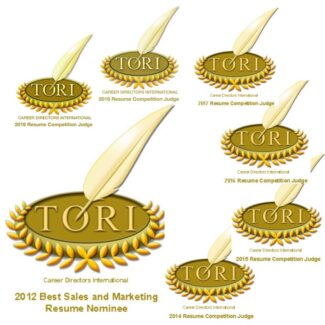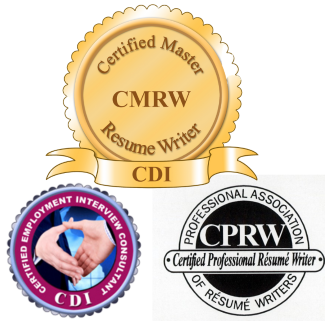
Photo by Jim Reardan on Unsplash
The last 20 years have seen a shift in society’s expectations of life after retirement. The number of Americans aged over 70 in employment (many in later-life careers) has risen from less than 10% to nearly 15% and – much like the people themselves – shows no sign of slowing down. If you’re considering adding another chapter to your employment story after retirement, this is a good opportunity to consider what would suit you best, whether you would prefer a home or office environment, for example, and how many hours you can commit. Whether your aim is to top up your savings or simply to stay active and engaged with other people, here are three questions to ask yourself to help achieve a fulfilling later-life career:
1. How much do you need to earn?
A 2019 study highlighted that nearly one fifth of those aged 55-73 have less than $5,000 in retirement savings. A later life career can give you the opportunity to top up those savings and make your senior years more comfortable. By planning your budget and establishing upfront whether you are working to cover bills right now or you’re simply thinking towards the future, you can make more informed decisions about the number of hours you need to work, and the sort of roles you would like to apply for.
2. What sort of working environment do you prefer?
Thanks to technology and increasing flexibility from employers with regard to working from home, employees have more choice than ever when it comes to working environments. At this stage of your working life, it’s important to consider what would suit you best. For some, the opportunity to earn from home without having to travel or deal with a busy office can be appealing. For others, a huge benefit of working is being around people; one in three seniors experiences loneliness, and a post-retirement career is a great way to stay mentally stimulated and socially connected. Think carefully about what would work best for you.
3. What do you really love doing?
The chances are, by the time you reach retirement, you’ve spent a large number of years doing things to help other people. Whether you’ve provided for your family, cared for older family members, or supported the wider community, you now have the option to do something for yourself. Even if your main motivation is simply to earn enough for life’s little luxuries, you can still look for something that rewards you in other ways too. Do you love helping people? Solving problems? The satisfaction of organizing things? Ask a friend or family member what you’re great at; maybe there’s a chance to break out of your comfort zone or go to bed each night feeling really satisfied with what you’ve achieved.
Taking the leap
Now that you know what you’re aiming for, update your resume with these goals in mind. Think about relevant experiences which you can apply; they may not all be from your previous career. One of the advantages of a later life career is that you can bring other life experiences to the role too. Do some research online to find out about any qualifications that might help to bring you up to date; it will also show potential employers that you’re not out of touch with the modern employment landscape.
Rejoining the workforce after your official retirement is becoming increasingly common and can be very rewarding. From keeping you comfortable financially, to stimulating your mind and keeping you active, working in later years has its benefits. Be sure to plan ahead first, so that you can find something which gives you what you need, and leaves you a little room to enjoy this stage of your life too.

